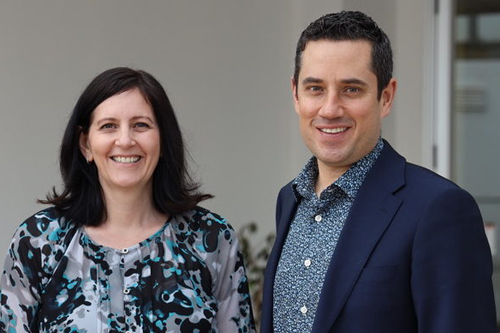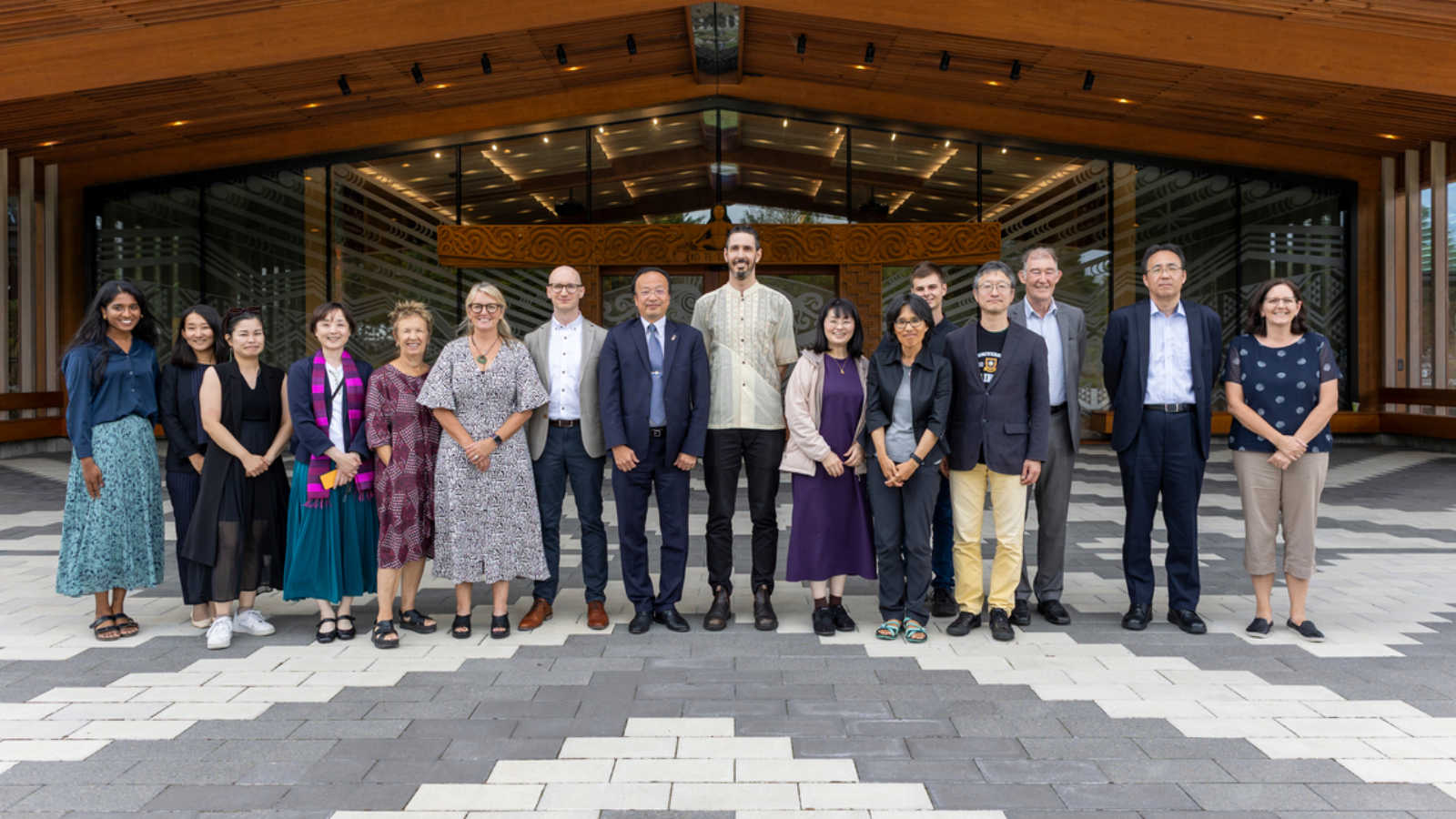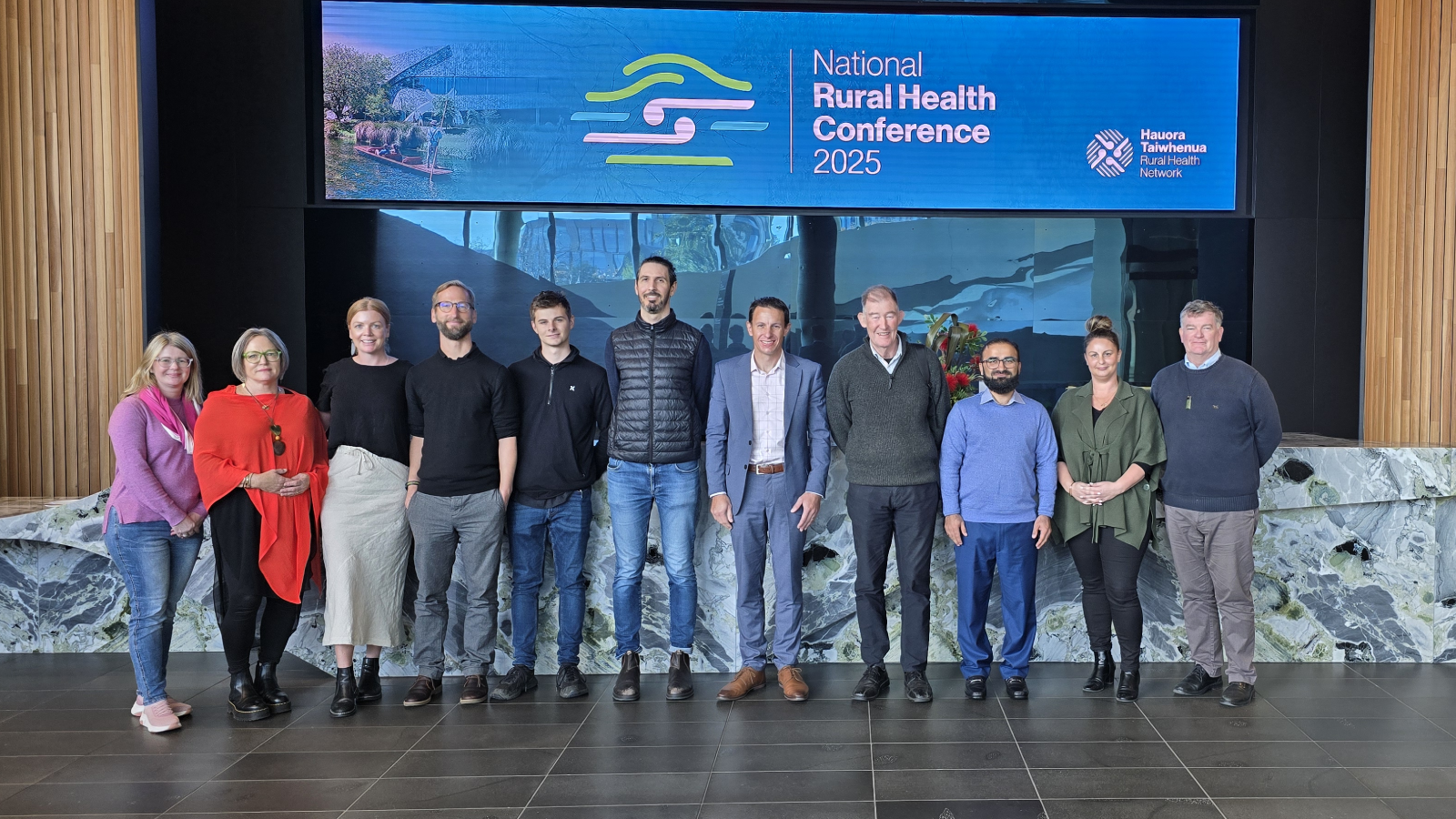Prioritising Māori and Pacific patients in accessing two game-changing diabetes drugs is leading to better health outcomes.
Te Whatu Ora endocrinologist and University of Waikato Senior Lecturer Dr Ryan Paul (Ngāti Maru, Hauraki) says a University of Waikato study of the impact of greater prioritisation of Māori and Pacific in accessing the medications, published in a New Zealand Medical Journal report, is positive with greater prescribing of the new medications in Māori and Pacific people with type 2 diabetes.
“This is a significant turnaround, as many Māori and Pacific patients were not getting the glucose-lowering therapies they needed despite multiple contacts with the health system,” Dr Paul says.

Dr Lynne Chepulis, Dr Ryan Paul
“These medications are hugely important in helping support greater health and wellbeing for these high-needs patients as they also have the effect of reducing the incidence of other co-morbid and deadly diseases, like heart and kidney failure.”
He says the new diabetes medications, empagliflozin and dulaglutide, are potent agents in reducing the progression of cardiovascular and renal disease. This is important because two-thirds to three-quarters of people with diabetes in New Zealand die early from these diseases. However, due to their cost, PHARMAC made the decision to dispense the medications under a ‘special authority criteria’ (SAC).
Given the long-standing inequities for Māori and Pacific people in the health system, health professionals lobbied for an ethnicity criteria to be added to the SAC to provide easier access for Māori and Pacific peoples with diabetes. “It was granted in 2021 and, although the decision was viewed as controversial at the time, it does not alter funded access for high-risk Pākehā and other ethnicities.”
Dr Paul says the Waikato study investigated the results of the PHARMAC decision to add an ethnicity criteria to the SAC to help Māori and Pacific people access the new diabetes medications.
“The results are a step in the right direction and have led us to believe PHARMAC should strongly consider adding ethnicity criteria in all medications accessed through a special authority. In reality the decision has led to better access to quality medications and is a start in reducing the massive inequities that type 2 diabetes creates,” he says.
Type 2 diabetes costs the country more than $2 billion annually and the incidence of type 2 diabetes in the population is predicted to increase, with one in four Pacific people predicted to have the disease within 20 years. It also leads to about 600 amputations each year.
The key reasons for allowing Māori and Pacific people funded access to the new medications without needing to prove their disease burden or meet any further clinical critera, is because Māori with diabetes are twice as likely to die from cardiovascular disease and four times more likely to need dialysis than Pākehā. The figures are even higher for Pacific people. Mortality rates for Māori with type 2 diabetes are still two to three times higher than for non-Māori and this gap has not closed in the 20 years prior to the introduction of empagliflozin and dulaglutide.
The next step will be to assess if there has been a reduction in mortality, hospitalisations, and GP and clinic visits.
This research is part of the Health Research Council funded programme Health-system factors contributing to inequity in diabetes medication use.
Check out this Conversation article for further information.





